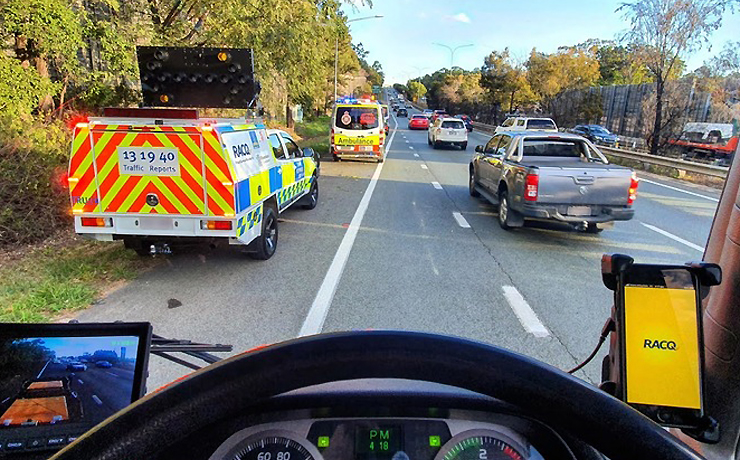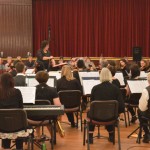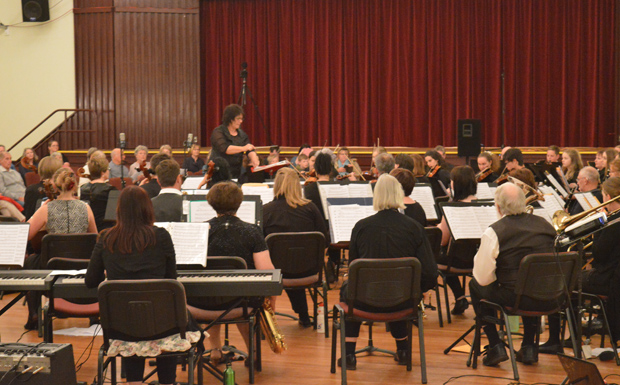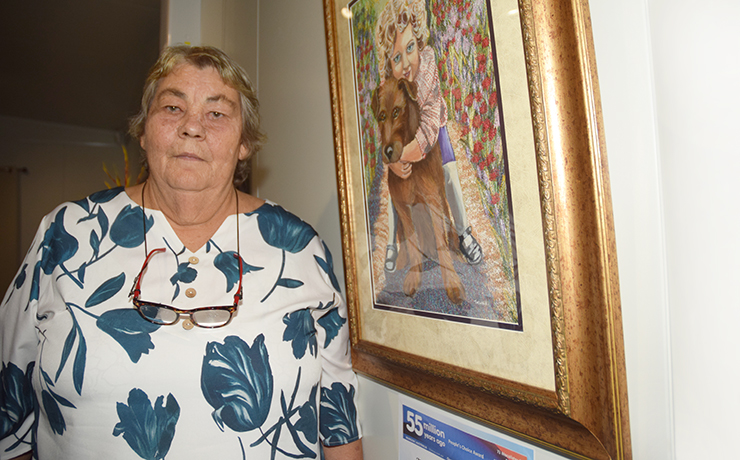
January 24, 2022
Queensland drivers will be fined if they refuse to slow down or move over for emergency vehicles under new traffic rules to be implemented later this year.
Drivers will also have to slow down or change lanes when passing a stationary vehicle using flashing lights – including breakdown assistance vehicles – and at crash sites.
The RACQ, which has been campaigning for the rule change for dour years, welcomed the State Government’s commitment to protect roadside incident responders.
RACQ Group CEO David Carter said the Club congratulated the government on the agreed regulatory change, which he said would help protect emergency responders, including roadside assistance crews who worked in high-risk environments.
“We’ve been backing this change since 2017, with 90 per cent of our members in favour of making this lifesaving road rule a reality, so we’re incredibly pleased the government is taking action,” Mr Carter said.
“Every day our roadside crews put their lives on the line to rescue stranded motorists, but we know one wrong move by a passing car could so easily result in tragedy.
“Near misses occur far too often with drivers not slowing down, merging dangerously, being distracted and in some cases colliding with RACQ vehicles.
“Analysis of our onboard camera footage shows that out of 30,000 passing vehicles, less than 6 per cent who could move over to provide a safe space did. This highlights the very low level of voluntary compliance and the need for the new rule.”
Mr Carter said the new rule would require Queenslanders to change their driving behaviour around roadside incidents.
“If you’re passing a first responder’s vehicle with flashing lights on a single-lane road, you’ll need to slow down to a safe speed and leave sufficient space to ensure you have enough time to react to the changing conditions,” he said.
“If you’re on a multi-lane road and it’s safe to do so, you’ll need to vacate the lane nearest to the emergency response vehicle. If it’s unsafe to move over, you’ll still need to slow down and leave a safe passing distance.
“This will give our teams a safe space to work, so they can continue to help the people they’re there to protect.”
Transport Minister Mark Bailey thanked the RACQ for its efforts in advocating for the rule change.
“I’d like to acknowledge RACQ who has worked well with the Palaszczuk Government to create awareness of the need for this rule,” Mr Bailey said.
“RACQ supported its staff, along with emergency responders and its members, to advocate for this change.”























